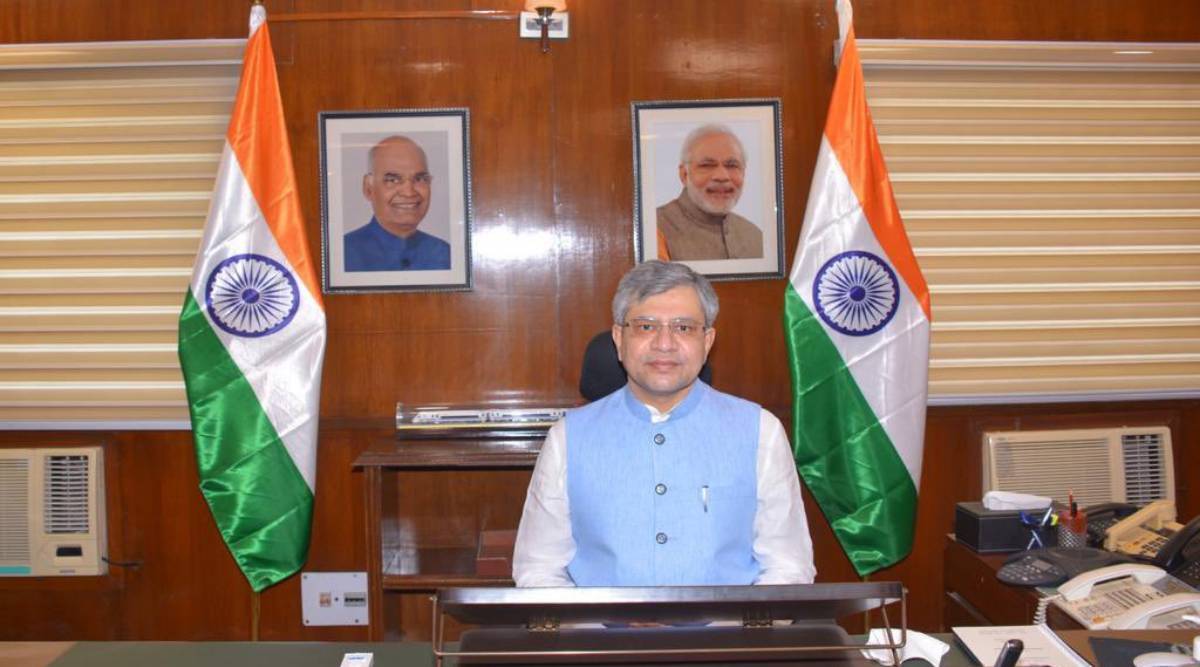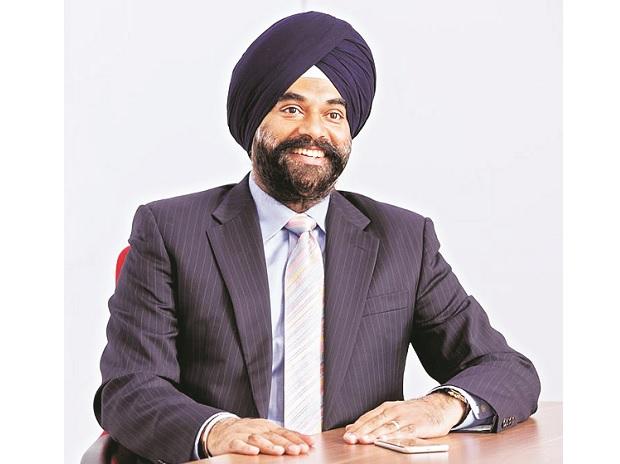In what could significantly reduce timelines of network deployment by telecom operators, the Department of Telecommunications (DoT) has issued the spectrum assignment letters to telcos just 17 days after the auctions for 5G spectrum was concluded. Comparatively, in the previous auctions last year, these letters were issued more than a month after bidding ended.
Communications Minister Ashwini Vaishnaw tweeted on Thursday morning, “5G update: Spectrum assignment letter issued. Requesting TSPs (telecom service providers) to prepare for 5G launch.”
Bharti Airtel said it was provided with an allocation letter for the designated frequency bands it purchased at this year’s 5G spectrum auctions “hours after” it submitted its first tranche of upfront dues towards the airwaves to the DoT, said Bharti Enterprises founder & chairman Sunil Bharti Mittal. Calling it an example of ease of doing business, he said this has never happened in this three decade long experience with the DoT.
“No fuss, no follow up, no running around the corridors and no tall claims. This is ease of doing business at work in its full glory. In my over 30 years of first-hand experience with the DoT, this is a first. Business as it should be…” Mittal said in a statement.
On Wednesday, the DoT received Rs 17,876 crore as upfront dues from four entities that bought spectrum in the auctions that ended earlier this month. Bharti Airtel paid the highest amount of Rs 8,312.4 crore, followed by Rs 7,864.7 crore from Reliance Jio, Rs 1,679.98 crore from Vodafone Idea and Rs 18.94 crore from Adani Group arm Adani Data Networks.
As per DoT’s rules for receiving payments from the spectrum auctions, companies have the option to pay dues in 20 equated annual instalments.
However, they are also free to pay the entire amount or part of it upfront, with the minimum duration for upfront payment being two years.
On August 5, the Department had issued demand notices to all the four companies to pay up their spectrum payments in 10 days, with Wednesday being the final day.
Analysts tracking the field said that before this year, spectrum assignment was typically a months’ long process. For instance, in last year’s auctions, which ended on March 2, telecom operators had submitted their first upfront dues by March 18. But the spectrum assignment happened on April 16, almost a month later after the payments were made. In 2021, the amount of spectrum sold was worth Rs 77,814.80 crore, almost half of what was sold this year.
“Allocation of spectrum post auctions is an administrative and bureaucratic task, and it shows that the government was well prepared in this year’s auctions. Even the earlier decisions that have been taken regarding this, including issuing the Notice Inviting Applications (NIA) for the auctions that was released right after the Cabinet cleared the country’s biggest ever spectrum auctions so far, shows that everything was already in place. It points towards the government making a conscious effort to cut bureaucratic slack. Sunil Mittal is right to highlight this change,” telecom analyst Mahesh Uppal said.
Bharti’s Mittal said that the government also has assigned the company E-band spectrum “as promised”. The E-band spectrum, which is radio waves in the 70-80 GHz band, are pegged to play a major role in helping the telcos with backhaul, which will help smoothen data on their network. Last month, the DoT had agreed to provisionally allot E-band airwaves exclusively to mobile operators via the administrative route in circles where they hold 5G spectrum.
Newsletter | Click to get the day’s best explainers in your inbox
Airtel and Jio have unveiled their 5G rollout plans, with the former saying that it will start rolling out the service this month itself and, by 2024, is expecting to cover large parts of the country, including in rural areas. Airtel has also prepared detailed network roll-out plans for 5,000 towns in India. Jio, meanwhile, has completed 5G coverage planning in 1,000 cities.
India’s biggest ever spectrum auction for 5G airwaves had ended on August 1 with bids upwards of Rs 1.5 lakh crore coming in after seven days of bidding spread over 40 rounds, belying initial expectations that the auction process would be wrapped up in under three days.
Jio emerged as the largest spender in the 5G spectrum auction, acquiring almost half of all the airwaves sold for more than Rs 88,000 crore, and was also the only one to have acquired spectrum in the premium 700 MHz band. Airtel, shelled out Rs 43,084 crore to acquire a total of 19.8 GHz of spectrum in the 900 MHz, 1,800 MHz, 2,100 MHz, 3,300 MHz and 26 GHz bands. Vi spent Rs 18,799 crore and bid for certain medium and high frequency bands. Adani Data Networks acquired spectrum only in the 26 GHz band and spent Rs 212 crore.
!function(f,b,e,v,n,t,s)
{if(f.fbq)return;n=f.fbq=function(){n.callMethod?
n.callMethod.apply(n,arguments):n.queue.push(arguments)};
if(!f._fbq)f._fbq=n;n.push=n;n.loaded=!0;n.version=’2.0′;
n.queue=[];t=b.createElement(e);t.async=!0;
t.src=v;s=b.getElementsByTagName(e)[0];
s.parentNode.insertBefore(t,s)}(window, document,’script’,
‘https://connect.facebook.net/en_US/fbevents.js’);
fbq(‘init’, ‘444470064056909’);
fbq(‘track’, ‘PageView’);
.




